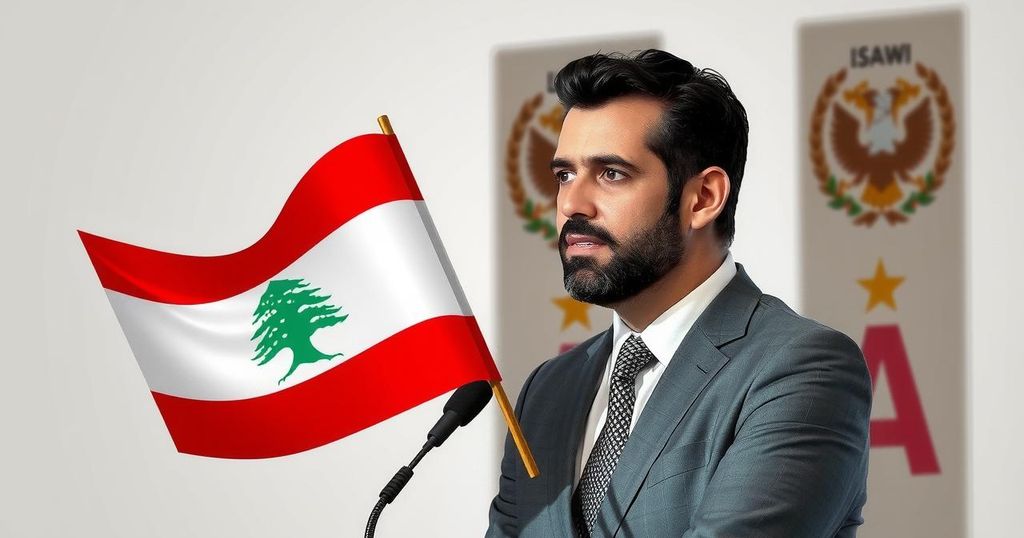Saudi Arabia’s diplomatic efforts culminated in the election of Joseph Aoun as Lebanon’s new president, marking a significant shift in the political landscape. Aoun’s election ended a prolonged presidential void and signals potential disarmament of Hezbollah. Despite optimism surrounding Aoun’s leadership, challenges remain, particularly in managing Hezbollah’s influence and ensuring domestic stability amid ongoing regional tensions.
A last-minute diplomatic initiative by Saudi Arabia led to the election of General Joseph Aoun as Lebanon’s new president, filling a political void that persisted for over two years. Aoun garnered the necessary two-thirds majority after intense negotiations, where several political factions were ultimately convinced to support him. His election signifies a potential shift away from Hezbollah’s influence in Lebanese politics, though the group remains armed and powerful within the country. Aoun’s oath-taking speech promised a new era for Lebanon, including a commitment to disarmament of armed groups, mainly Hezbollah, albeit such ambitions might face significant challenges from various internal and external forces. The political landscape remains fraught with potential instability as Lebanon seeks to navigate this transitional phase in its governance.
Lebanon’s political system is deeply sectarian, and its presidency is traditionally filled through consensus among various political factions. The political climate has been tumultuous, exacerbated by the influence of external powers such as Iran and Saudi Arabia. Hezbollah’s ascent within Lebanese politics led to a significant alignment with Iranian strategy and support, creating a complex geopolitical landscape in which Lebanon operated under perceived foreign dominion. With the election of General Joseph Aoun, who has U.S. backing, there is a marked shift pointing towards potential disarmament of Hezbollah, though such transitions are laden with variables that could disrupt stability.
The election of General Joseph Aoun as president marks a significant turning point for Lebanon amid a backdrop of foreign involvement and internal division. Saudi Arabia’s renewed diplomatic engagement and the interplay of domestic factions suggest a move towards stabilizing Lebanon’s governance. However, the realities of Hezbollah’s enduring influence and regional complexities pose substantial challenges to realizing this new political framework. The transition represents both hope and uncertainty as Lebanon strives toward a cohesive statehood that balances its diverse political spectrum.
Original Source: www.cnn.com






